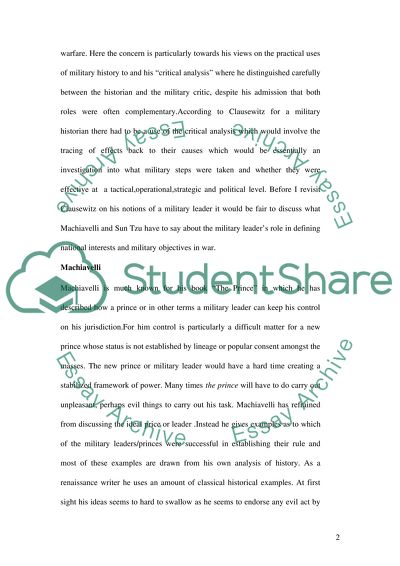Cite this document
(“Military leaders role Essay Example | Topics and Well Written Essays - 1500 words”, n.d.)
Retrieved from https://studentshare.org/military/1522585-critical-review-essay
Retrieved from https://studentshare.org/military/1522585-critical-review-essay
(Military Leaders Role Essay Example | Topics and Well Written Essays - 1500 Words)
https://studentshare.org/military/1522585-critical-review-essay.
https://studentshare.org/military/1522585-critical-review-essay.
“Military Leaders Role Essay Example | Topics and Well Written Essays - 1500 Words”, n.d. https://studentshare.org/military/1522585-critical-review-essay.


